Tea lovers in China have good reasons to like wine, said a Chinese tea artisan and wine distributor, who held a tasting to introduce tea drinkers to the beauty of wine. DecanterChina reports on the tasting and on the similarities between tea and wine.

‘I suspect there is no better way to explain fine wine to Chinese consumers than via the analogy of fine tea,’ said Decanter columnist Andrew Jefford in 2011.
Tea drinking is a widely enjoyed hobby in China, while wine drinking is still a ‘minority hobby’, said Zhou Bo, tea maker and wine merchant based in Kun Ming of Yunnan Province, one of the most important tea producing region in China.
Zhou runs his own artisan tea house, while selling wines from France and Spain.
Chinese tea and wine share several things in common, and tea lovers may find themselves enjoy drinking wine as much, said Zhou at his tea and wine comparative tasting event last month.
Tannins
The most apparent similarity is that both Chinese tea and some red wines can cause a mouth drying sensation caused by the rich amount of tannin.
Aromas
We already know that ‘tea-like’ aromas can be found in aged red wines, alongside scents of earth, dried-leaves and forest floor.
These ‘tertiary aromas’ add complexity to the original fresh fruit aromas (‘primary aromas’), making the wine more layered and multi-dimensional.
Wines that may have a tea-like scent include:
·Aged Italian reds, such as Barolo and Brunello
·Old vintage Bordeaux reds
·Red wines from Northern Rhone Valley
Related article: Decoding tasting notes
Similarly, there are also a few teas that share specific aromas with wines, said Zhou Bo.
The honeyed aromas of a black tea called ‘Dong Fang Mei Ren (oriental beauty)’, for example, might remind wine drinkers of sweet white wines and dry whites made from fully ripened fruits.
Phoenix Single Bush, a type of Oolong tea, features fragrant floral aromas, which can be very similar to aromatic white wines.
The ceremonial elements
Tea lovers have their own tea sets including tea pots, tea trays, tea holders, tea cups, tea spoons and tea picks (a needle-shaped tool to loosen blocks of tea), Zhou said.
Likewise, wine lovers also have their own tool kit, namely wine glasses, decanters, cork screws and gadgets such as vacuum pump, to enjoy and preserve their precious bottles.
These ceremonial elements make the drinking experience, be it tea or wine, more pleasing and elegant.

The ‘terroir’ and the making
Besides sensory similarities, tea and wine are both valued for their origins or terroir.
The tiny, sandstone-soiled terraces of Wuyi Mountain, where the original Da Hong Pao (Great Red Robe) oolong comes into being, might easily remind wine lovers of Côte Rôtie, the Douro or the Mosel, said Andrew Jefford.
The strict production and labelling rules of Pu’er tea, on the other hand, resonate with those of fine wines, said Philippe Buisson, mayor of Libourne.
‘Pu’er tea is harvested by hand each year, is labelled with a vintage, and can be aged for up to 50 years. Its taste is affected by the soil it is grown in, and the weather conditions during the year of harvest. It can also be a fermented tea, where bacterial action softens the bitter tastes into softer, sounder flavours, in a process very similar to malolactic fermentation in wine’.
The Bordeaux right-bank city signed a commercial and cultural accord with Pu’er, Yunnan province of southwest China in 2012.
Related story: Libourne, Pu’er to jointly market tea, wine
As Andrew Jefford puts it, ‘The world’s greatest wines are the product of well-adapted grape varieties grown in distinguished sites or terroirs, and made by restrained techniques which allow their innate qualities to emerge with maximum force. That’s exactly how the greatest Chinese teas come into being, too.’
At the end of the tasting, many curious tea lovers bought wines to try, according to Zhou Bo. The event hints that tea may be an effective pathway for promoting wine culture to the mass consumers in China.
News content provided by WBO / Yang Zhengjian
WBO (Wine Business Observation) is one of the leading wine media in China, with currently over 145,000 active users following its WeChat channel. Its key readers include Chinese wine merchants, importers, distributors and retailers.
(Editing by Chris Mercer)
Translated by Sylvia Wu / 吴嘉溦
All rights reserved by Future plc. No part of this publication may be reproduced, distributed or transmitted in any form or by any means without the prior written permission of Decanter.
Only Official Media Partners (see About us) of DecanterChina.com may republish part of the content from the site without prior permission under strict Terms & Conditions. Contact china@decanter.com to learn about how to become an Official Media Partner of DecanterChina.com.




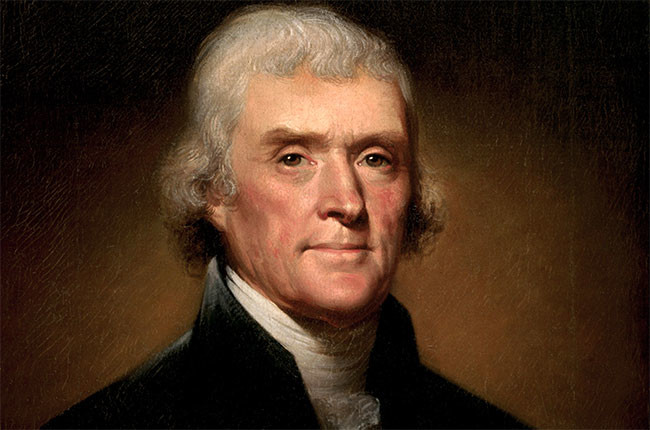
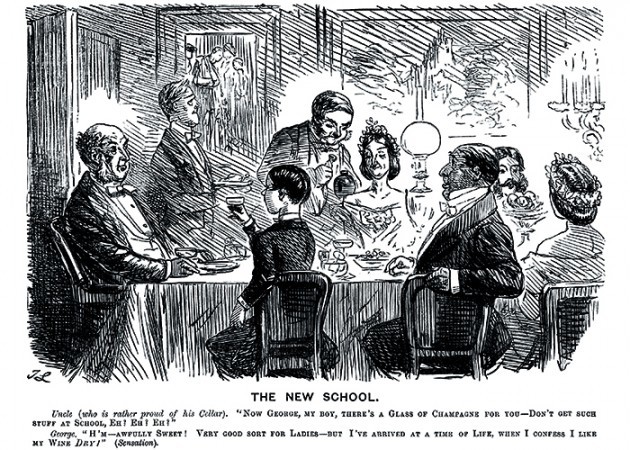


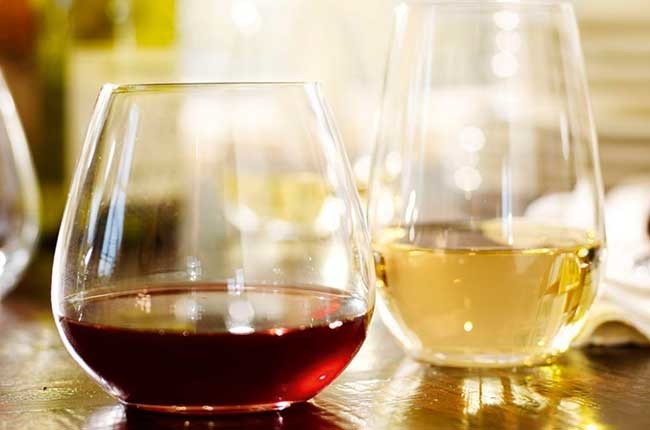
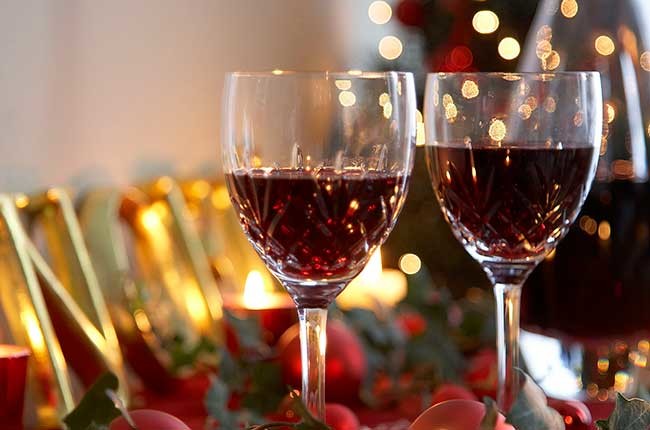
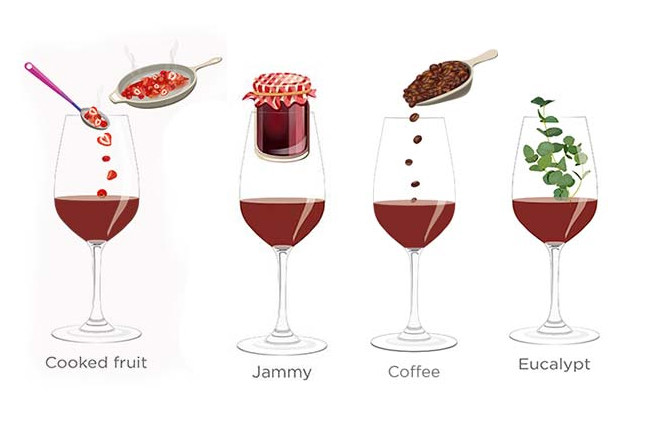
Comments
Submit